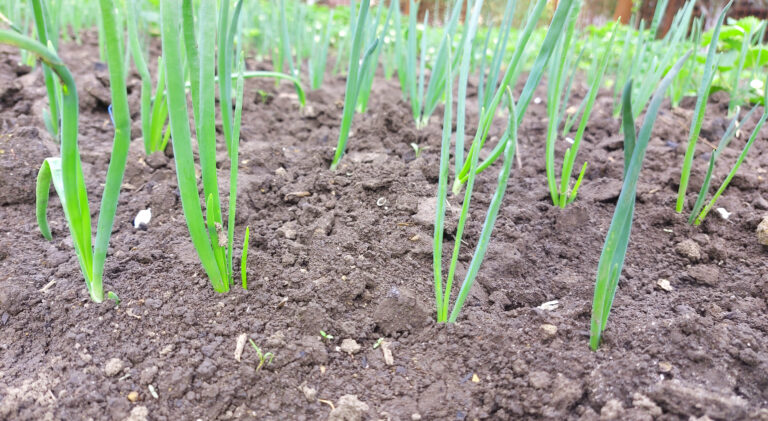7 Healing Herbs and How to Use Them Naturally for Common Ailments
7 Healing Herbs and How to Use Them Naturally for Common Ailments
Nature has a way of offering remedies in the most flavorful forms—herbs. These everyday plants don’t just add zest to your meals—they can also support your health in remarkable ways. From soothing an upset stomach to easing pain and inflammation, the healing powers of herbs have stood the test of time. If you’re looking to embrace natural wellness, these seven herbs are a great place to start.
1. Basil for Stomach Ache and Heartburn Relief
Keywords: basil for acid reflux, natural antacid herb, basil tea for upset stomach
Basil is more than just a pizza topping—it’s a powerful herb for digestion. It contains eugenol, a compound known for its antacid and anti-inflammatory properties.
How to Use:
Chew a few fresh basil leaves after meals to calm the stomach.
Steep a handful of basil leaves in hot water for 10 minutes to make a soothing digestive tea.
2. Mint for Digestion and Bloating Relief
Keywords: mint for bloating, peppermint for digestion, natural remedy for gas
Mint—especially peppermint—is a go-to herb for digestive troubles. Its natural oils help relax the muscles of the gastrointestinal tract, easing cramps and improving digestion.
How to Use:
Sip peppermint tea after meals.
Chew on a few mint leaves to freshen breath and settle your stomach.
3. Oregano for Fighting Infections
Keywords: oregano natural antibiotic, oregano tea for cold, antimicrobial herbs
Oregano isn’t just flavorful—it also has potent antimicrobial properties. Its active compound, carvacrol, has been shown to help fight bacterial infections.
How to Use:
Add fresh or dried oregano to your cooking.
Brew oregano tea by steeping 1 tsp of dried oregano in a cup of hot water for 10 minutes.
4. Ginger for Cough and Chest Congestion
Keywords: ginger tea for cough, natural expectorant herbs, ginger for sore throat
Ginger has long been used in traditional medicine for respiratory support. It helps loosen mucus and soothe sore throats thanks to its anti-inflammatory and expectorant effects.
How to Use:
Boil fresh ginger slices with water, add a spoon of honey and lemon juice to make a comforting ginger cough tea.
5. Rosemary for Nausea and Motion Sickness
Keywords: rosemary for motion sickness, anti-nausea herbs, herbal remedy for nausea
Rosemary may be best known for its aroma, but it’s also a natural antiemetic, helping to prevent and relieve nausea.
How to Use:
Inhale rosemary-infused steam for quick relief from queasiness.
Drink rosemary tea made by steeping 1 tsp of dried rosemary in hot water for 5–7 minutes.
6. Lavender for Pain and Headache Relief
Keywords: lavender for headaches, essential oils for pain, natural analgesic herbs
Lavender isn’t just for sleep—its calming scent can help ease tension headaches and body aches. Its analgesic and anti-inflammatory effects make it a gentle but effective remedy.
How to Use:
Massage lavender essential oil (diluted) onto temples, neck, or sore muscles.
Diffuse lavender oil to help relieve headaches and relax the body.
7. Turmeric for Inflammation and Joint Pain
Keywords: turmeric for inflammation, golden milk benefits, curcumin anti-inflammatory
Turmeric is a golden powerhouse packed with curcumin, a compound well-known for fighting inflammation at the cellular level.
How to Use:
Stir ½ tsp of turmeric powder into warm milk with a pinch of black pepper to make golden milk.
Sprinkle into your meals for a flavorful, anti-inflammatory boost.
—
Final Thoughts: Healing Herbs at Your Fingertips
You don’t need a pharmacy to find relief—sometimes, the answers are already in your spice rack or garden. Whether you’re easing a cough with ginger tea or calming nausea with rosemary, these natural remedies are simple, effective, and time-tested.
Before using herbs medicinally, consult your healthcare provider—especially if you’re on medication or have allergies. But for everyday wellness, these healing herbs offer a gentle, natural way to feel better—one cup of tea or sprig of mint at a time.







